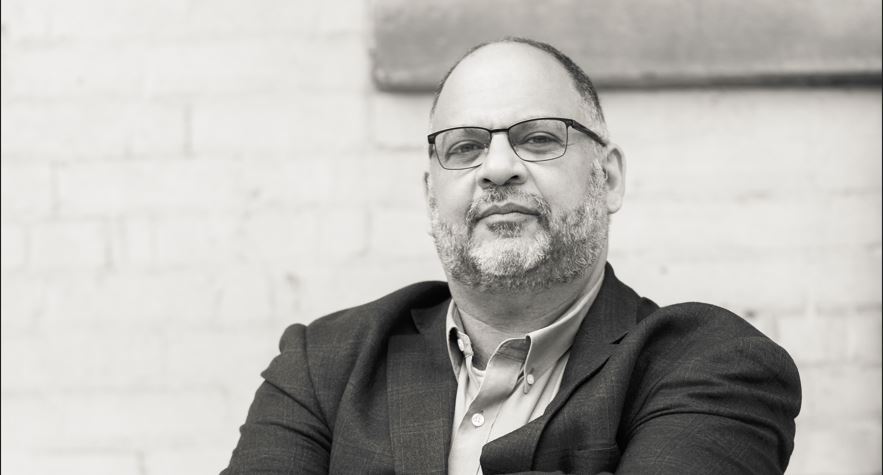A Toronto supervised consumption site has been in the spotlight after an employee was charged in connection with a fatal daytime shooting near the centre in July, spurring a provincial government review of all sites in the province.
But when it comes to who’s responsible for the sites, the answer is complex.
The federal, provincial and municipal governments are all part of a system of approvals, funding and oversight that allow the sites to operate. According to Toronto Public Health, there are 10 sites in the city and six of them — including the South Riverdale Community Health Centre (SRCHC) — are provincially funded consumption treatment services. Among the sites that are not provincially designated consumption treatment service locations, one is not open to the public, one is Toronto Public Health’s and another relies on donations.
People in the community around the SRCHC have pointed to increasing concerns in the past year on safety and cleanliness in the area. As a not-for-profit, the site says the more funding it dedicates to security, less gets spent on providing care for clients. Meanwhile, the city councillor for the area hopes the province will provide more funding to help offset that cost.
Supervised consumption sites do provide multiple benefits, says Dr. Ahmed Bayoumi, a physician and researcher at St. Micheal’s Hospital in Toronto. Bayoumi was part of a team that was tasked with looking at whether the cities of Toronto and Ottawa would benefit from the implementation of supervised injection facilities.
“There is research showing that people who use supervised consumption sites have lower rates of overdose and lower rates of fatal overdose than people who don’t,” Bayoumi said. “The sites help to connect people to other services that are useful, both social services and health services, things like stable housing and employment.”

